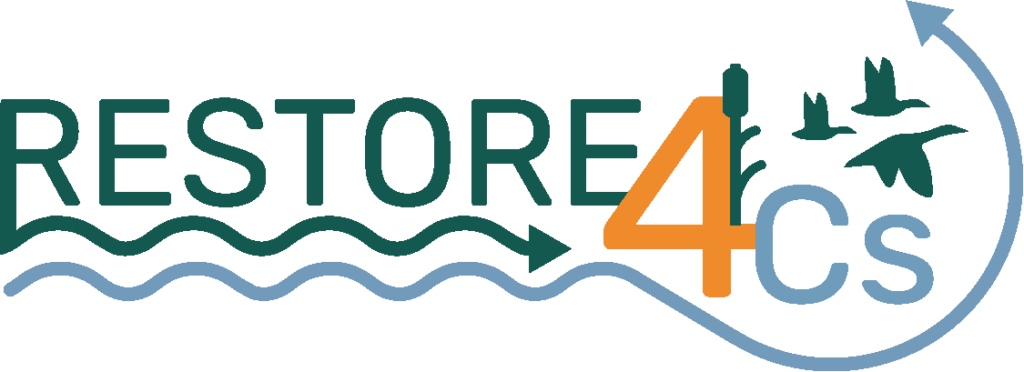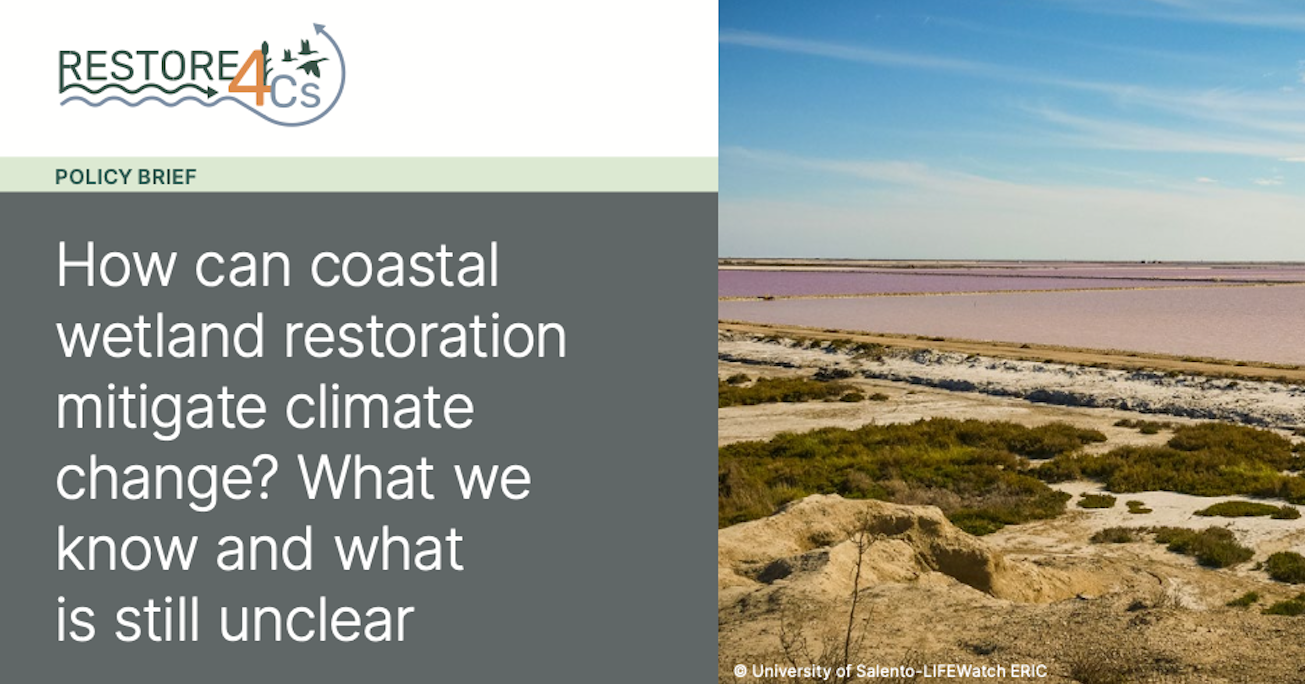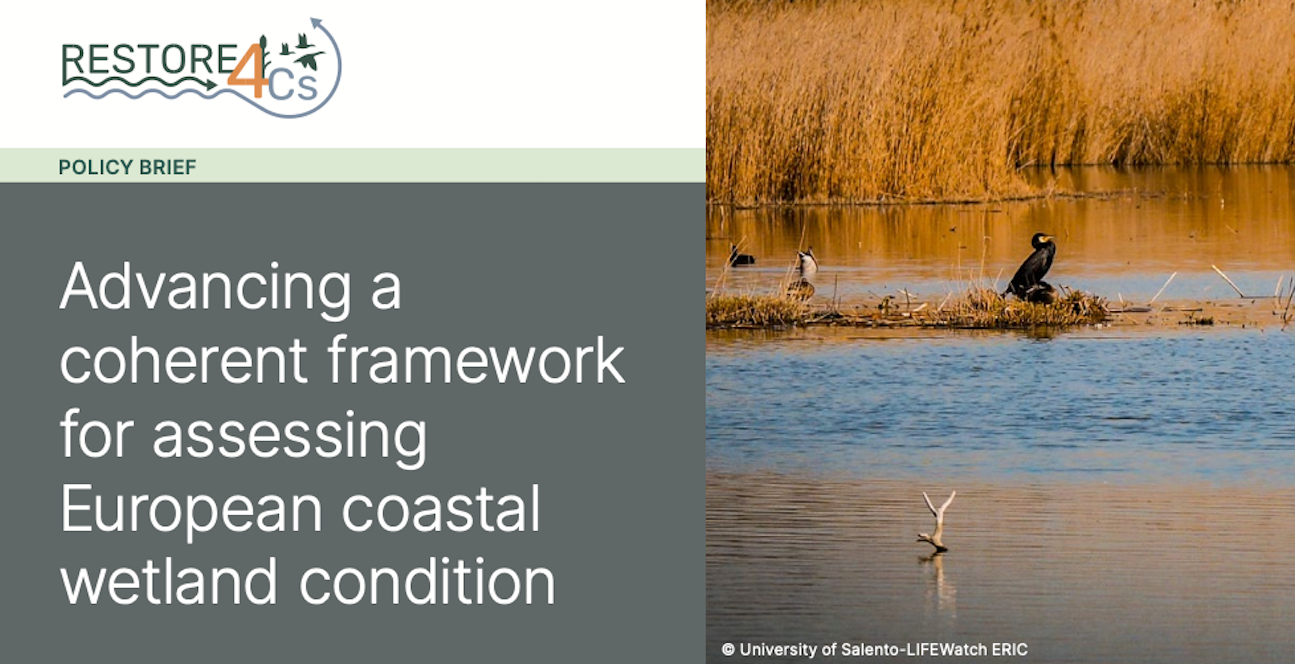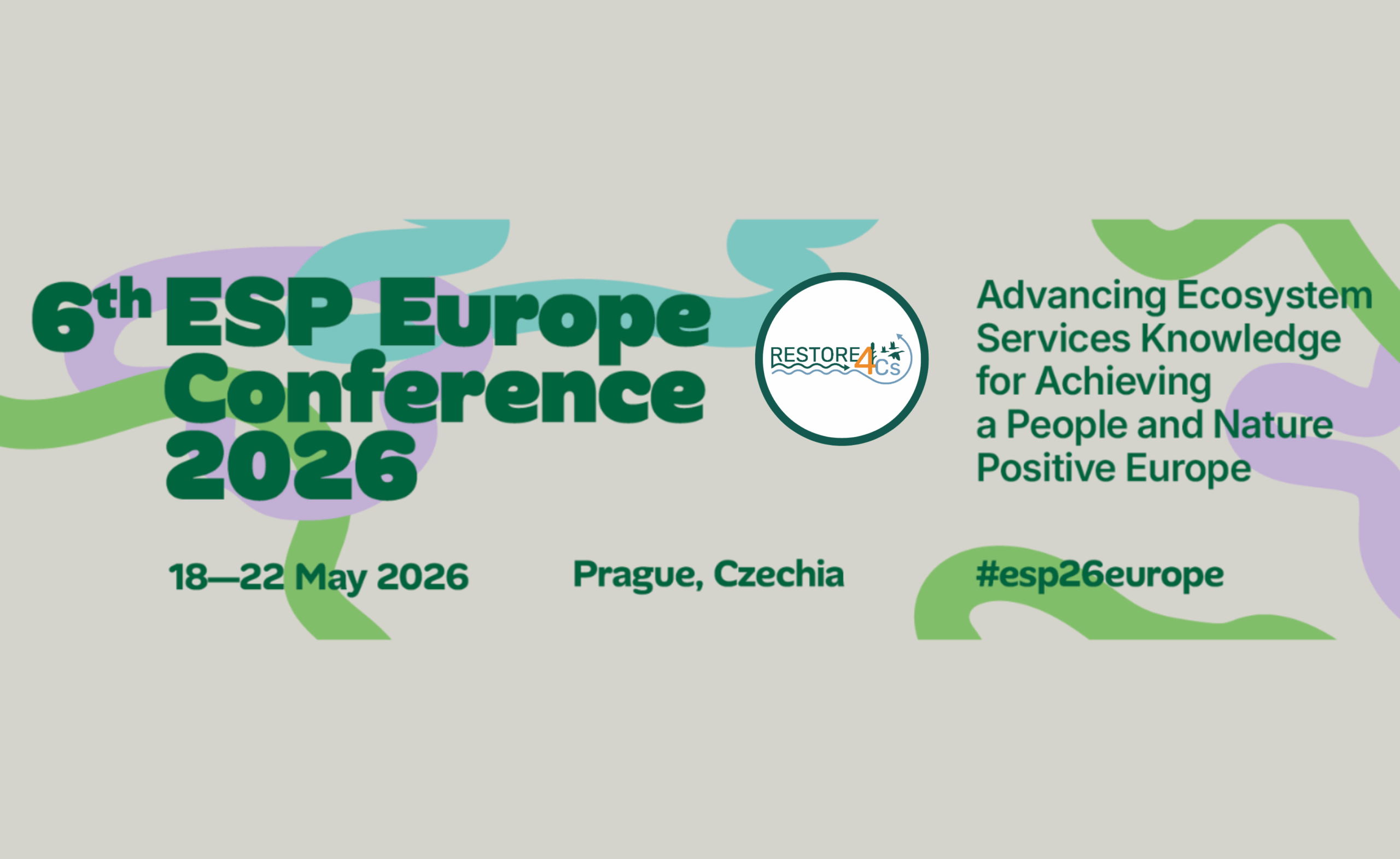RESTORE4Cs is proud to participate in the 14th Symposium for European Freshwater Sciences (SEFS14), taking place from 20–25 July 2025 at Bolu Abant İzzet Baysal University, Türkiye. The project joins a key Special Session (SS-09) on Greenhouse Gas (GHG) Exchanges and Biogeochemical Processes in Inland and Coastal Waters, hosted by leading experts from across Europe.
This session highlights the vital role of wetlands and inland waters in regulating greenhouse gases and supporting biodiversity. RESTORE4Cs, along with Sister Projects ALFAwetlands, REWET, and WET HORIZONS, will showcase how restoration of wetlands enhances their medium to long-term carbon sequestration, resilience to climate change, and biogeochemical functionality.
RESTORE4Cs will contribute to a rich line-up of talks featuring innovative methodologies, restoration impact assessments, and ecosystem-based solutions for carbon and climate regulation. Notable presentations include contributions by Benjamin Misteli, Miguel Cabrera-Brufau, Katrin Attemeyer, and Carlos Rochera, with discussions exploring standardised carbon flux measurements and restoration effectiveness.
Highlights from RESTORE4Cs and Partners
The session will feature several high-impact talks addressing innovative approaches to GHG monitoring, carbon flux quantification, and wetland restoration outcomes:
📅 Monday 21 July | Room Green B
🔹 14:30–14:45 – Dr. Daniel von Schiller (University of Barcelona):
“How does naturalization impact greenhouse gas emissions in freshwater systems?”
A look into how rewilding and naturalization affect GHG fluxes in aquatic ecosystems.
📅 Thursday 24 July | Room Claret
🔹 09.00–10:15 – Antonio Camacho (University of Valencia):
Plenary 5
📅 Friday 25 July | Room Green D
🔹 10:45–11:00 – Benjamin Misteli (WasserCluster Lunz):
“How effective is wetland restoration in enhancing carbon storage?”
Empirical findings on carbon retention and climate benefits from restored wetland sites.
🔹 11:00–11:15 – Miguel Cabrera-Brufau (University of Barcelona):
“Quantifying the effectiveness of restoration actions through carbon flux dynamics.”
Data-driven assessments of how different restoration strategies influence GHG balances.
🔹 11:15–11:30 – Katrin Attemeyer (WasserCluster Lunz):
“Chasing bubbles: A standardized approach for quantifying greenhouse gas emissions.”
Novel methods for consistent and comparative methane and CO₂ emission tracking in wetlands.
🔹 11:30–11:45 – Carlos Rochera (University of Valencia):
“Developing adaptable methodologies to assess carbon fluxes across wetland types.”
A RESTORE4Cs contribution to building tools for scalable carbon monitoring.
This session embodies the collaborative power of science to restore freshwater ecosystems, addressing one of our era’s greatest challenges—climate resilience. Join us in Bolu to learn, connect, and help shape a sustainable, water-secure future.
🔗 Learn more: https://www.sefs14.com




